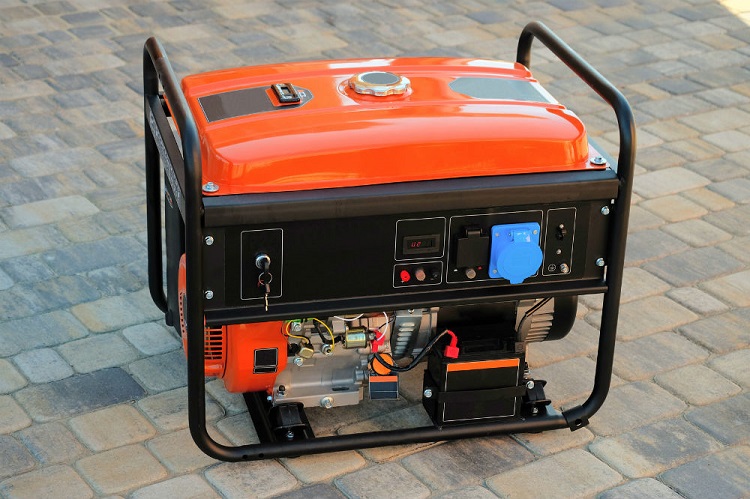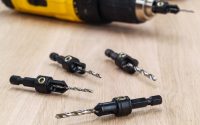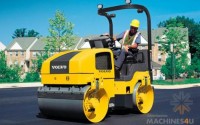What to Consider When Buying the Ideal Power Generator
Power generators are one of the most underrated devices that a lot of people forget they even exist until they’re in dire need of one. Just look back at what happened in Puerto Rico – disaster struck and suddenly everybody needs a power generator. And that’s how a lot of people got stuck without any power for weeks, because they didn’t plan ahead. But power generators have come a long way and are used for much more than just being back-up power suppliers.
In fact, nowadays there are many different types of portable generators that construction workers, and anyone who’s performing tasks that require electrical power, can opt for. This is one piece of gear outdoor workers absolutely must posses if they’re using power tools. But how do you know what type of generator is best for you?

Well, first and foremost, you need to consider all the equipment you’ll need powered. For home use you surely need the essential appliances and lights, maybe the computers and some home electronics. For outdoor use, all the necessary gear outdoor tasks that are performed with needs powering. Simply put, take into account the power requirements of the devices you’ll be plugging into the generator and ensure the generator can provide 1.5 times that.
However, there are many tools that have a higher starting wattage, also known as power surge. That being said, ensure the generator can provide the necessary starting wattage in order to avoid hazards. Moreover, look for a generator that has at least several hours running capacity. Power supply equipment should have the capacity to see you through the entire project, or through the power outage.
Furthermore, you should consider the generator’s features. For instance, a weather protected control panel will protect your generator’s control panel from debris, dust, dirt and rain. This can be an extremely important feature if you’re using the generator in rough conditions, but it also might be completely irrelevant if you’re using the generator at home.
Additionally, consider the types of power outlets the generator has, and the type of fuel it requires to power it. There are two basic types – electric and gas powered generators. Electric generators can be corded and cordless, while gas powered generators are fueled by propane or natural gas. Gas models feature a tank that needs to be refilled in order for the generator to operate, corded models require another electrical power source in their vicinity, while cordless models don’t. However, cordless models need to be charged, and they typically don’t offer as much power as the other types.



